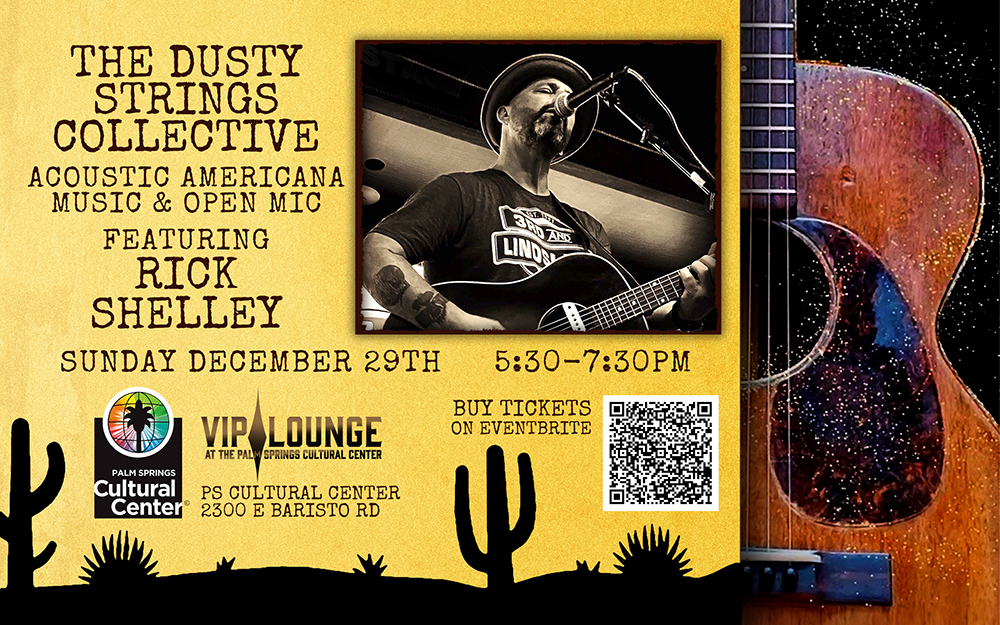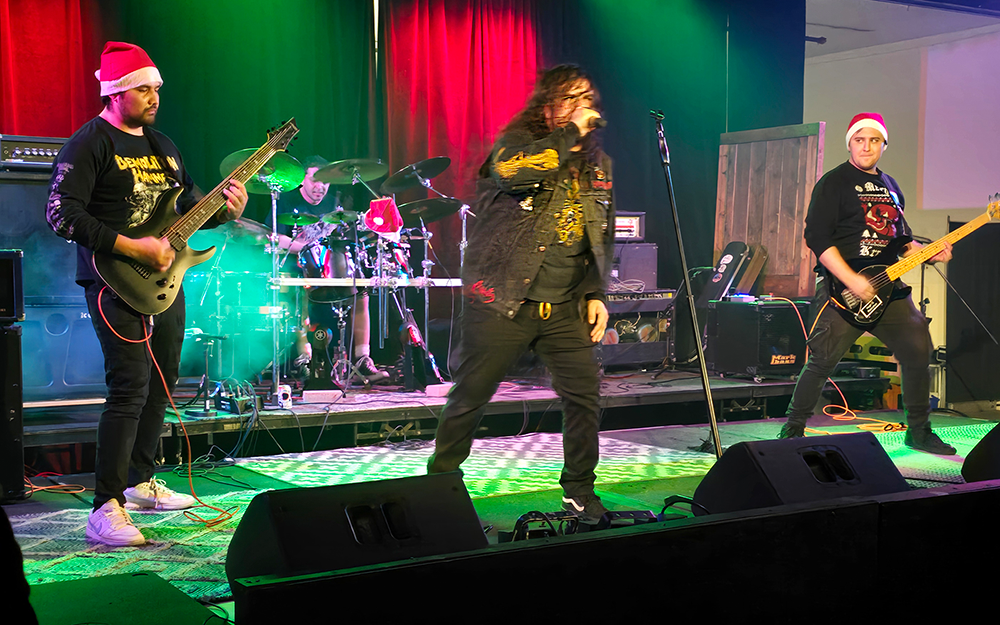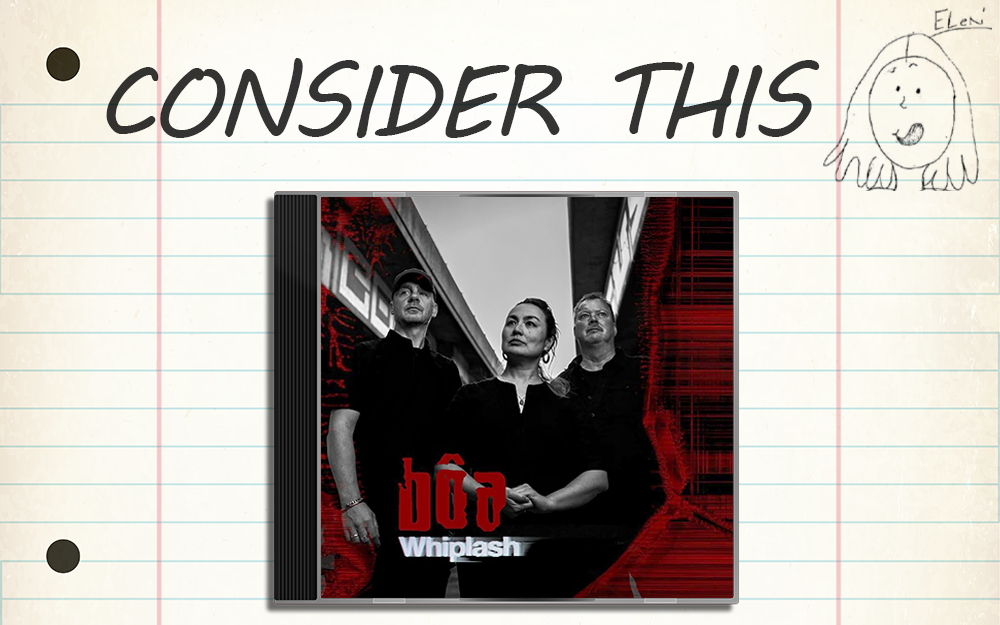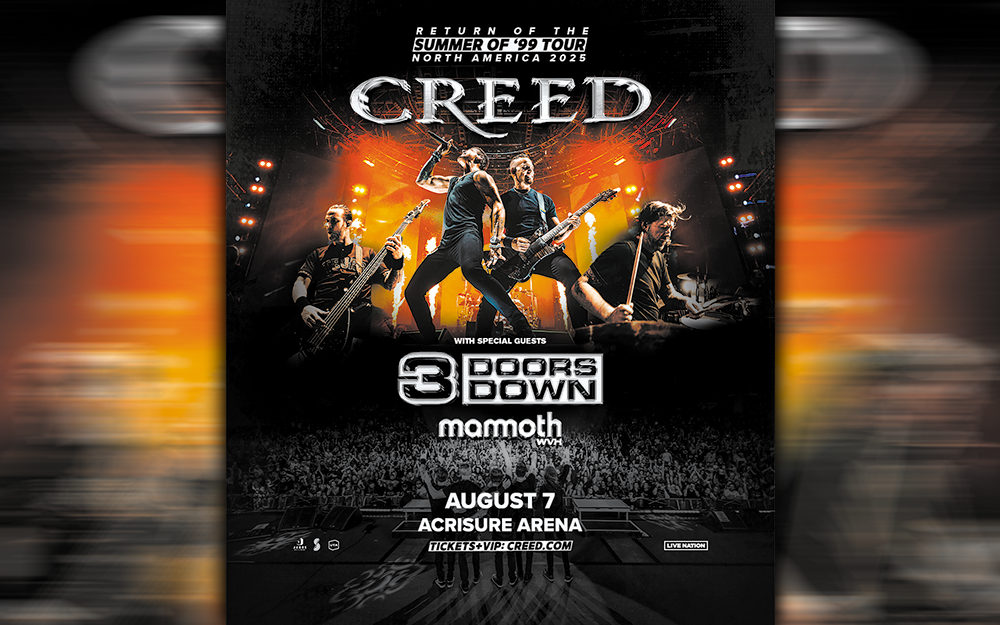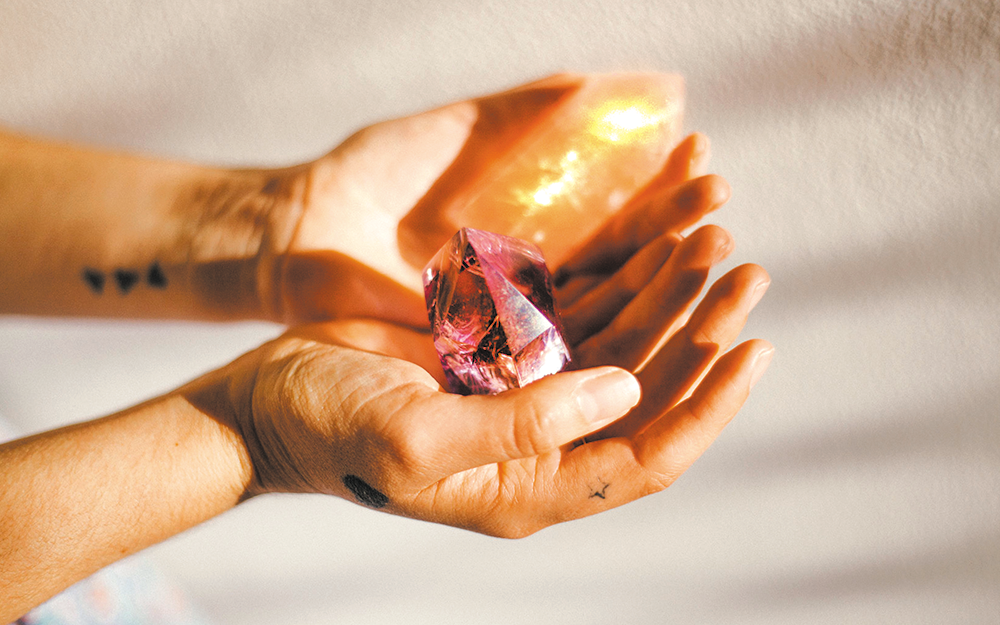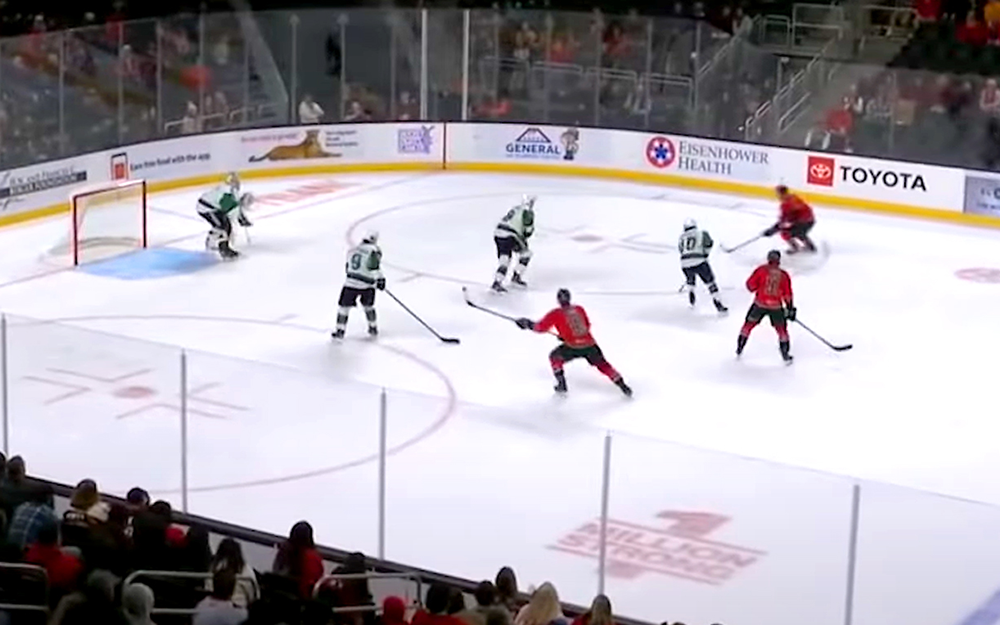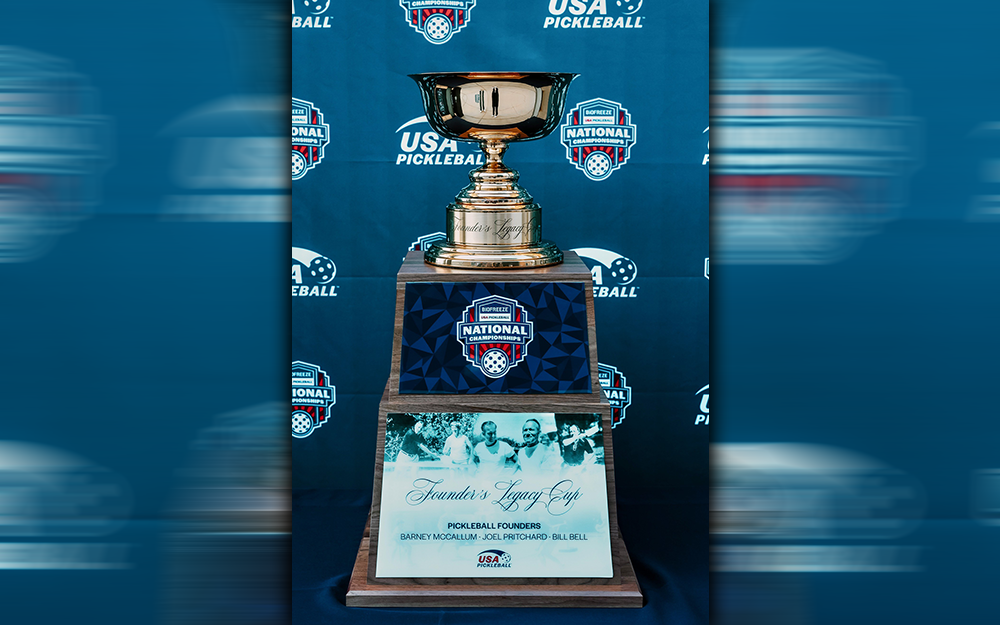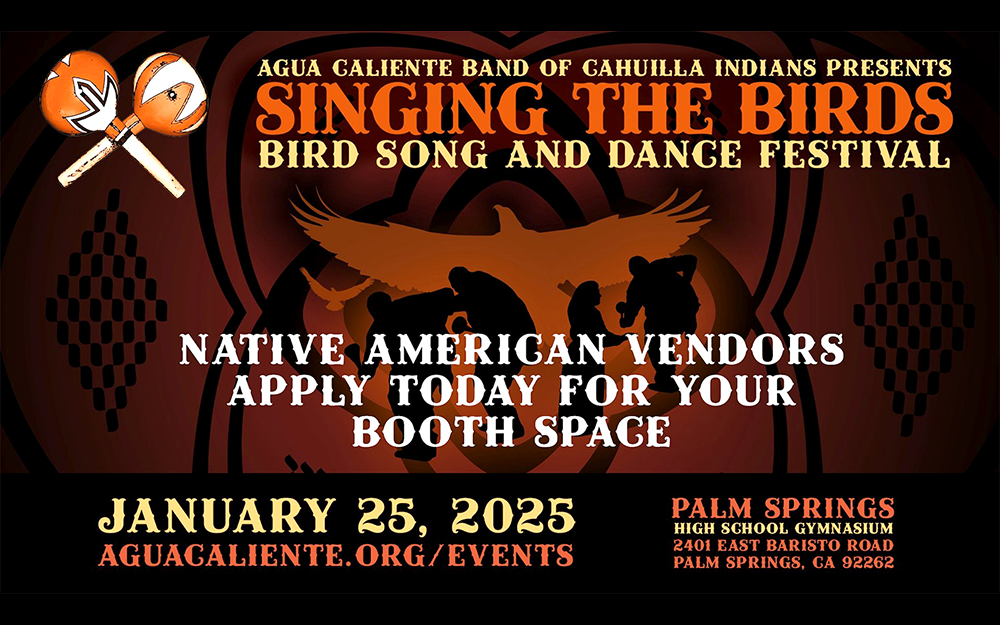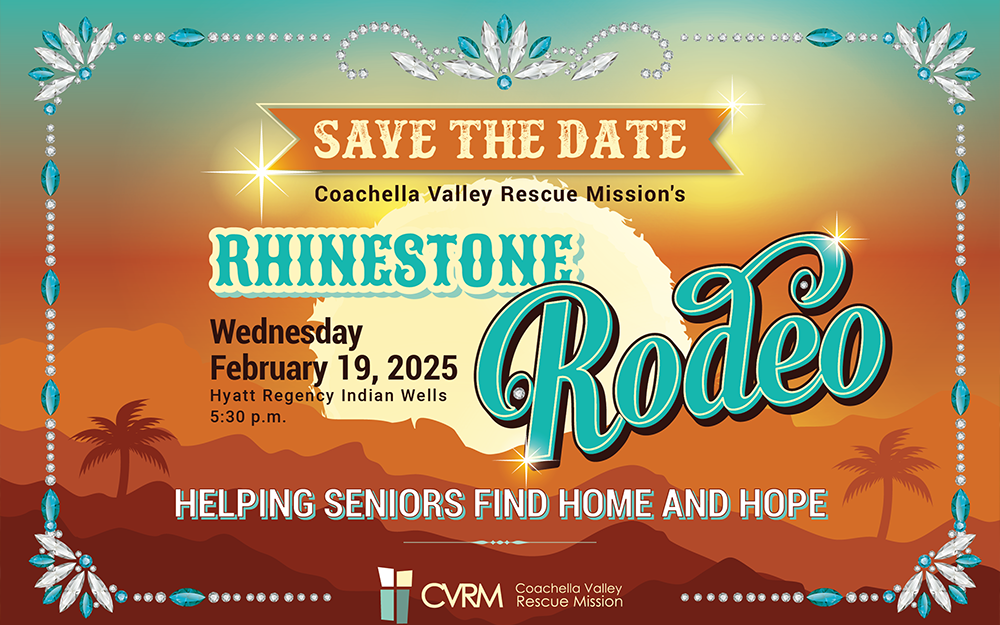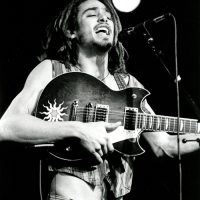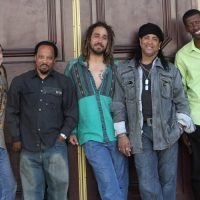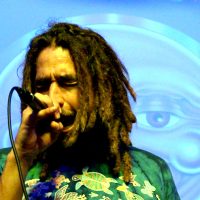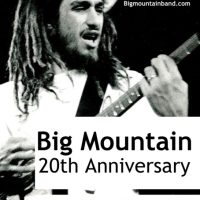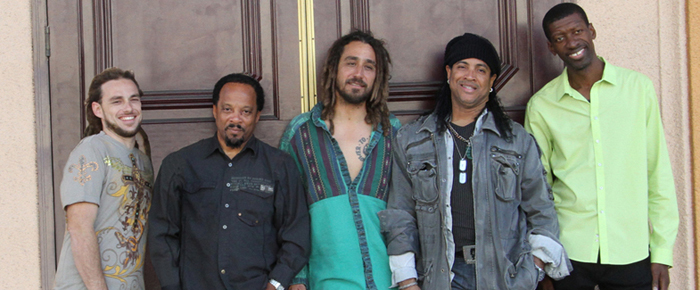
This Saturday, June 28th @ 9 PM
by Lisa Morgan
The Date Shed stage just might buckle under the weight of the life and music Big Mountain will be bringing to it. Unmatched by any worldly musician I have had the pleasure of interviewing to date, is the depth of thought, experience, education and heart that is sure to pour out of the soul of front man, singer/songwriter, Quino McWhinney and his Big Mountain band of brothers. Launched into fame in 1992 with their first commercial reggae hit, “Touch My Life”, Big Mountain would not only experience international fame, but would also be thrown into an intense spiritual, political, cultural and racial climate that would play tug of war on their music and their very lives. Twenty years later, carved deeply by the experience and now well rested, Big Mountain returns with new music and a new freedom that can do nothing less than change you from listening to it.
From his home in Ensenada, Mexico, Quino McWhinney shared openly the story of a unique rearing that primed him to instantly embrace the work of the internationally known Jamaican reggae musician, Bob Marley, who would dramatically change the course of his life. “My grandfather, Onesimo Arias was part of a band in the Coachella Valley, what they call a packing shed band. They used to play everything from Mexican Conjunto and Corrido music to Mariachi. Two of my uncles took those influences into rock and roll and Ritchie Valens, and even became well versed in jazz. I grew up in the rich tradition of listening to classic Mexican and Jazz standards. My mom was Mexican, and my biological father, who died when I was 7, was full on white boy – Irish, English. My mom eventually married a black man, so my brother and I had this total tri-ethnic upbringing. When I was around 7, we lived in Honduras. I remember loving the Caribbean influence of Calypso and Garisuna (also known as Punta – a blend of African American and Miskito Indian music). When we moved back to America, with my mother being married to a black man and the Chicano movement happening, we started to realize that we lived in a racist country. In Honduras, race was invisible. I remember thinking, ‘Wow people use the N word a lot!’ We started realizing that this country was really divided. Human rights rang heavy with me. I didn’t even think twice about it at 13, when I saw the Bob Marley documentary for the first time. The next week, my dad brought home our first Marley record. That was in 1978. It soon found its way into my collection and the rest is history.”
“When we had our first hit, “Touch My Life” in 1992, we released it in Spanish and English versions. The DJs spliced them together to make a Spanglish version. It’s such a simple little song with four chords. I’ve been trying to write another one like it all my life. I was 26 years old, and I knocked it out of the park. The song got us on our first Reggae Sun Splash Tour. We were the only band that wasn’t from Jamaica. We were on tour with 50 Jamaicans, and the pressure really started sinking in, not from the bands…for the most part, they were all hearts open to us. But there were these big characters that would intimidate and challenge us in a ‘You’re sharing a stage with me?’ kind of way. Yes, we were raw. We just had this hit with this guy who could sing pretty well. It was probably one of the most challenging experiences of my life. Bob Marley had died but it was still fresh. It tested me personally and psychologically, because I felt the pressure to up my game musically and spiritually. The question was always there; ‘Are you Rasta?’ If you were Rasta, you had to know what was going on with Cuba and South Africa, and you had to know the Bible. All Jamaican’s know the Bible. It’s in their daily language. There were a lot of prophetic feelings in the area. Rasta was going to save the world and the culture. Everyone was super protective of Reggae and there were conspiracy theories. It wasn’t long before there were rumors that we (Big Mountain) were CIA trying to steel Reggae from the black man. It was painful. With all this work I was putting into trying to be a good Rasta, there’s just no way to answer that kind of stuff. It’s those personal decisions that are so hard to make, and when it involves your art, it’s heart wrenching. We were given a gift and it was obvious that it’s what we were supposed do. But this strain combined with the pulls of family, the pressure of having to deliver on stage no matter what’s going on…it was a lot.”
Today, after spending his years teaching and studying music like never before, thanks to the power of Youtube, Quino finds a new freedom in his maturity and his sense of self. “Things that stressed you out back in the day don’t even enter your mind,” he shared. “There’s a freedom and fearlessness that is powerful.” During their down time, Quino didn’t leave music behind completely. In fact, he’s been fairly active with solo projects and getting together with the band for special shows and to write. He recorded a solo album, has been rediscovering and exploring the roots of Mexican music and honing his Spanish. As a band, Big Mountain has been on the journey with him.
Big Mountain’s new music reflects a study of rock, world beat and even country music genres. “We made a conscious effort to look at the bands that have held on throughout the course of 20-30 years; the ones whose music still has a fresh, timeless quality to it. It kept coming back to the country rock scene; bands like the Eagles, The Band and even British rock like the Rolling Stones. It really became clear who the one artist in reggae who was combining these roots genres was. Toots was the one person who had that country twang with the Southern soulful bluesy element.” Referencing his main source of musical research, Quino laughed, “Thank God for YouTube! It’s so helpful when you’re in the middle of a song and you ask yourself, ‘What would Waylon Jennings do here.’ It was that kind of thought process that made this album come together. I took advantage of my time off and overcame some fears of being categorized. It is a very huge mental thing to say, ‘I’m going to sing it like this and I don’t care what anyone thinks.’ From the beginning of my career, right away, I got thrown into the whole pop thing. Everybody wanted another ‘Baby I Love Your Way’ song. It took some time and real effort. For so long we were part of this thing with Big Mountain, trying to give a California approach to a genre we loved. With all the political movements going on around us, we were trying really hard not to sound American. After taking a rest, all of that fear is gone. We really want to bring in Americana. It’s always been there. It’s always present in our influences. But we discounted it for some reason. That’s the beautiful thing about living and learning.” With his deep Arias and Cabral family roots at their family ranch that has become an institution in the Coachella Valley, Quino feels like he and brother, guitarist/vocalist, Jakob McWhinney are coming home.
As their website proudly boasts, Big Mountain is poised to reclaim its international crown with the release to radio and retail of two new Big Mountain albums, “Blue Skies” and “Beautiful Summer”. Big Mountain is making the Date Shed in Indio part of its extensive tour that has them on the road throughout 2017. This is a show that no music lover will want to miss. Tickets can be purchased on the Date Shed website www.dateshedmusic.com. You can also follow Big Mountain via their website bigmountainband.com.
Big Mountain Band is:
Vocals and Guitar: Quino McWhinney
Vocals and Guitar: Danny Lopilato
Drums: Andre Sias
Bass: Michael Ortiz
Percussion and Vocals: Tim Pacheco
Guitar and Vocals: Jakob McWhinney
Keyboards and Vocals: Luis Castillo



